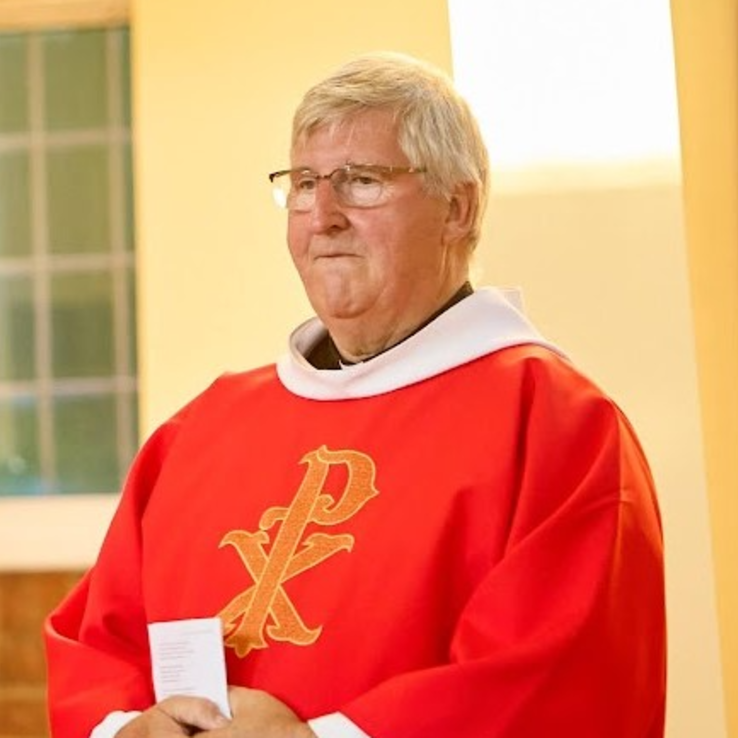Safeguarding
Bishop Bosco has given us a new message for our Safeguarding pages. Would you be good enough please to update the message you currently have from Bishop Declan to:
In Clifton Diocese we are deeply committed to ensuring the safety and well-being of all those entrusted to our care, especially the most vulnerable among us. The Church’s mission is to bring the light of Christ to the world, and we must be vigilant in protecting those who are at risk of harm. The sexual abuse of minors and vulnerable adults is a grave sin that deeply offends our Lord and causes immense harm to victims.
As the shepherd of this diocese, I take this responsibility very seriously and I am determined to do everything in my power to prevent such abuses from occurring and to respond swiftly and compassionately when they do.
To this end, we have implemented robust safeguarding policies and procedures throughout the diocese. It is the responsibility of everyone within the Diocese of Clifton to ensure our parishes and institutions are safe places, especially for those who are vulnerable. We have a zero tolerance to abuse, harm and any behaviour that falls short of appropriate safeguarding practices as expressed in National Policies from the Catholic Safeguarding Standards Agency.
We are also committed to fostering a culture of transparency and accountability within the Church in all our activities. Responding to those who come forward to report having suffered harm is a vital part of our mission and the Diocese is committed to being a welcoming and safe Church that is truly a beacon of light and hope for all.
We strive to support survivors and those who have been harmed by the Church, and we wish to work with survivors to improve standards further. We will listen and learn from every survivor/victim we work with.
May the grace of God strengthen us in this vital mission.
Bishop Bosco MacDonald, May 2024

Our parish safeguarding representatives are:
Deacon John Proctor and can be contacted on
Becky Davies and can be contacted on [email protected]
The Diocesan safeguarding team supports the ministry of the Church by providing a professional and robust support around the protection of children, young people and adults at risk, to ensure that worshipping communities are safe places where all have a positive experience of the Church in which they feel loved, accepted and safe.
All issues will be dealt with in a sensitive and caring manner, in the strictest of confidence.
The dedicated safeguarding team work closely with other agencies including the Police, Probation, Social Services and comply with the standards that are set by the Catholic Safeguarding Standards Agency (CSSA). The CSSA has been set up as a professional standards body with regulatory powers which exist to regulate all Catholic Churches.
The safeguarding office is located at Alexander House, 160 Pennywell Road, Bristol, BS5 0TX
Their website is : www.cliftondiocese.com/depatments/safeguarding and has a great deal of information and contact details.
General enquiries: 0117 954 0993
Email: [email protected]
Safeguarding Coordinator:
Janice Pearson
07887 990 385

